
Internet radio show brings science to the people
A new online radio show based out of Philadelphia's Germantown neighborhood is connecting young Black and Latino minds to STEM fields, while enjoying a bit of…
"The Eagles won last Sunday ... and today we’re going to talk about gravity."
That sums up Science 2.0, the brainchild of North Philadelphia native, Joseph Heard. The online show has one mission — connect kids and adults alike with science, technology, engineering and math, all while enjoying some old-school hip hop.
Science 2.0 started in March this year when Germantown Radio Station Manager Jim Bear approached Heard after hearing him on another G-Town show — The Black Tribbles.
The Tribbles, whose name references adorable, fuzzy creatures from Star Trek, host a show every Thursday and Sunday night. Five friends come together to talk about sci-fi, comic books, super heroes and video games, highlighting Black voices and contributions within a culture that often ignores them.
Heard’s sister, Heather, told the Tribbles that her brother was a rocket scientist to get him on the show. Heard, always one for scientific accuracy, laughed at the label, but pointed out that he technically worked in a jet propulsion laboratory before his current position within the Philadelphia School District. Heard's background in physics, however, wasn't questioned during a debate on the Walking Dead.
Heard took Bear’s offer and started a show that wasn’t just about science. It was Heard’s show, every Saturday at 3 p.m. Guests included friends, colleagues and scientific influencers. The conversation was kept grounded, Heard said, by his sister and co-host, Heather, a mother of three who works in a medical office.
“The show is basically me talking to her about science,” Heard said. There’s also some music in there, somewhere, in between the sibling banter.

“I grew up in the 90s, I’m into hip hop,” Heard said, as if it’s a confession. The self-professed mathematician is anything but apologetic for what he’s about.
“Part of Science 2.0 is to show them that you can be true to yourself and still be involved in the STEM fields,” Heard said. “I like to talk. I like to laugh and joke. I’m into hip hop. I’m into sports. I also can talk to you about differential equations, and how to analyze studies of complex dynamic systems.”
Heard, a graduate of Syracuse University who attended Community College of Philadelphia, worked for years at the U.S. Department of Energy’s Brookhaven National Laboratory in New York. If that sounds familiar, it’s because Brookhaven is home to the only particle accelerator in the United States, and the second largest in the world outside of CERN in Geneva where the Higgs boson (known as the “God particle”) was discovered. Yet, when he discusses his field, “peoples' mouths fall open.”
“Not every scientist went to an Ivy League school and talks with a German accent,” Heard said. “There are scientists who are young Black people, who are young women, who are young Latinos, who grew up poor.”
Those scientists, mathematicians, engineers and computer programmers aren’t the faces put to STEM fields in the media. Shows like the Big Bang Theory paint scientists as awkward, white or Asian male geeks. When boiled down, the stereotypes echo a reality in fields where 70 percent of workers are white, 14 percent Asian and 75 percent male. Just 12 in 100 STEM employees are Black or Latino.
“This stereotypical face that we put on scientists is a hindrance to getting young people into science,” Heard said. “I know kids who say, ‘well yea, I like biology,’ or, ‘I like engineering. But I’m not an engineer. I’m not a neurologist.’ Well, why do you say that? ‘Because you see what they look like? I’m not one of them.'"
“We all do math. I know women who tell me that they’re horrible at math but they can figure out how to feed four kids on a $1200 a month salary.”
The non-math identity develops early when students hit roadblocks in their elementary education. In the United States, math is often taught to be memorized rather than understood. Students struggle to transition from remembering an answer or basic function to solving a problem using logical steps.
“This whole, 'I'm good at math or I'm bad at math, either you get math or you don’t get math,' is a bunch of crap,” Heard said. “We all do math. I know women who tell me that they’re horrible at math but they can figure out how to feed four kids on a $1200 a month salary.”
One of Heard's greatest pet peeves, he said, is when people decide to reject mathematics and shut down to anything that sounds remotely related to math.
“We’re in a society where it’s okay to be bad at math. You would never hear anyone say, ‘I’m bad at reading.’ But people have no problem with and sometimes take pride in saying, ‘I’m bad at math,’" Heard said. “It’s that thinking that math is for other people.”
When Heard was a student, his peers viewed his aptitude for math as an anomaly, not an example.
“When I was growing up, people used to say, ‘What’s wrong with Joe? How is he good at math? He grew up down the hallway from me,'” Heard said. “His mama’s using food stamps just like my mama, so he ain’t eatin no different food. He ain’t dressin in no different clothes. He’s going to the same crappy school as I am with no textbooks. So why is he good at math and I’m not? It must be something strange about Joe. It must be something either wrong with Joe or special about Joe.'”
The urgency with which Heard encourages math competency extends far beyond the need to train workers for a growing job sector. Heard professes a strong belief that success in math and science aligns with success in life.
“The statistics about being competent in mathematics show that the better you are in math, the lower your chances are of ending up on public assistance, becoming unemployed, being a victim of domestic violence, or becoming a teenage parent — all these things are tied into how well someone does mathematics,” Heard said. “You, your children or your grandparents — even if they don’t intend to do anything in the STEM fields, the knowledge in science and mathematics is one of the surefire things that can help you lift yourself out of your situation.”
Heard’s passion for education never translated into the classroom. He tried his hand at teaching once, but said that he was more interested in informal lessons rather than maintaining a disciplined classroom and enforcing rules. His job, he said, is to connect everyday people with a world that has always felt as out of reach as the Kuiper Belt.
“My show is not going to solve the problems of the world,” Heard said. “Not everyone’s going to be a scientist. Not everyone’s going to be a mathematician. Not everyone’s going to be an engineer. But everyone can open their world to science. And once you do, it really changes your way of thinking.”




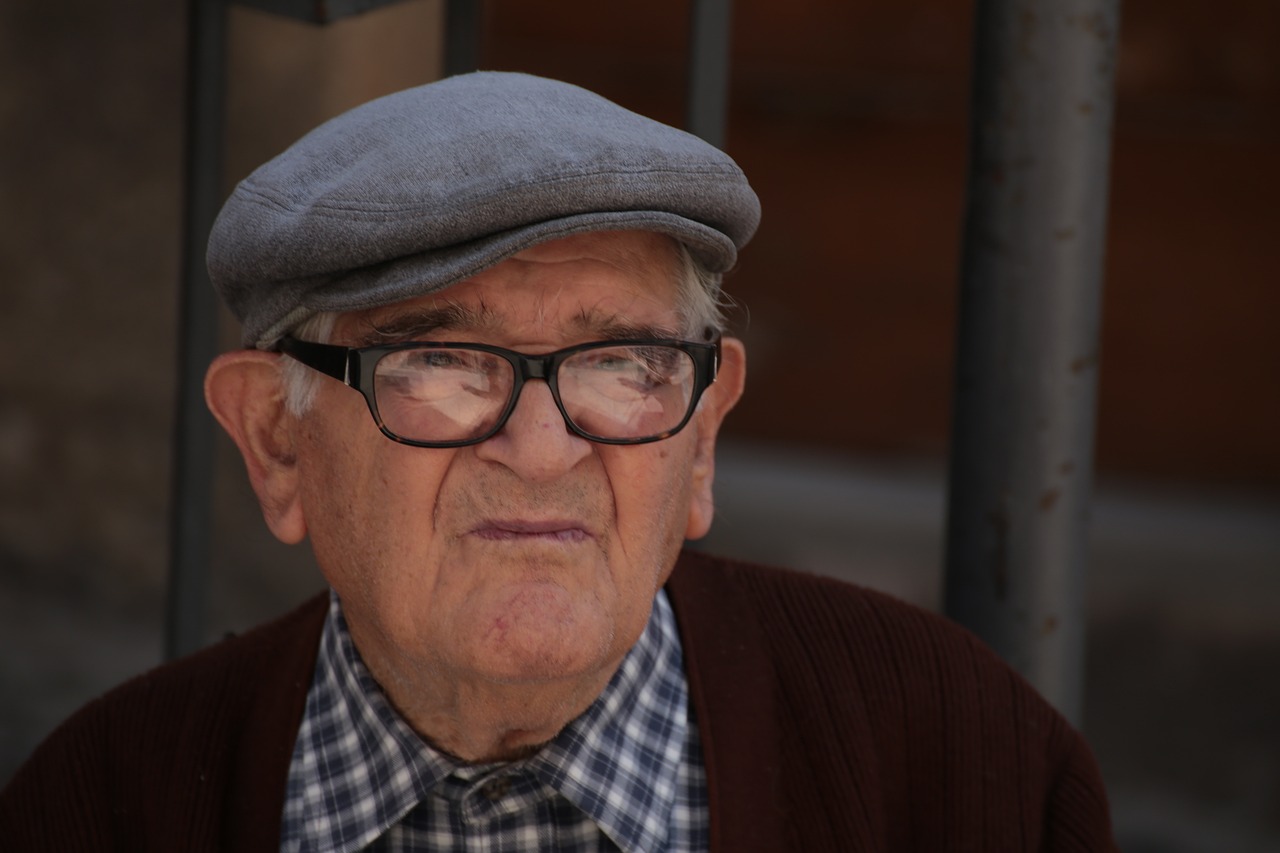
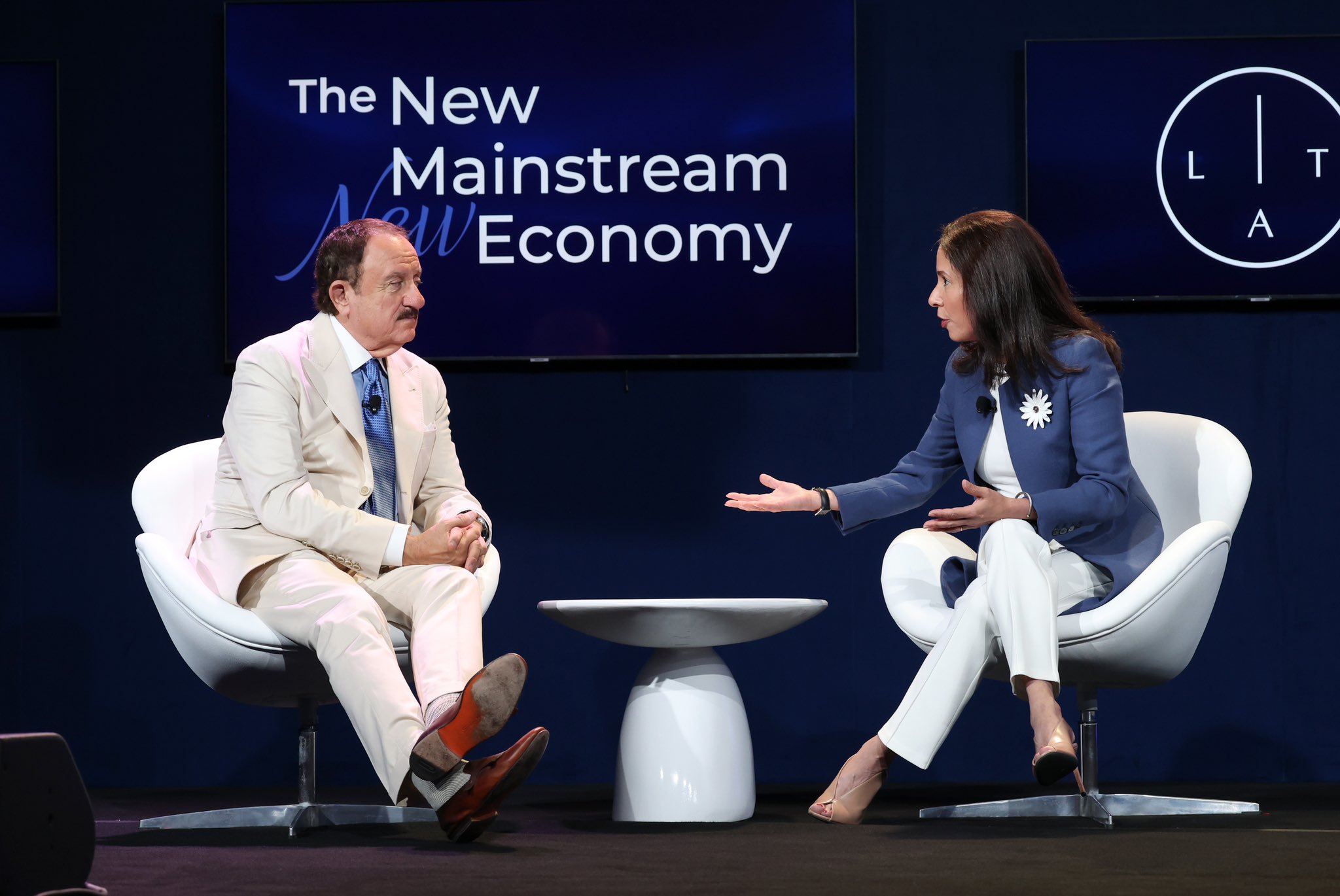

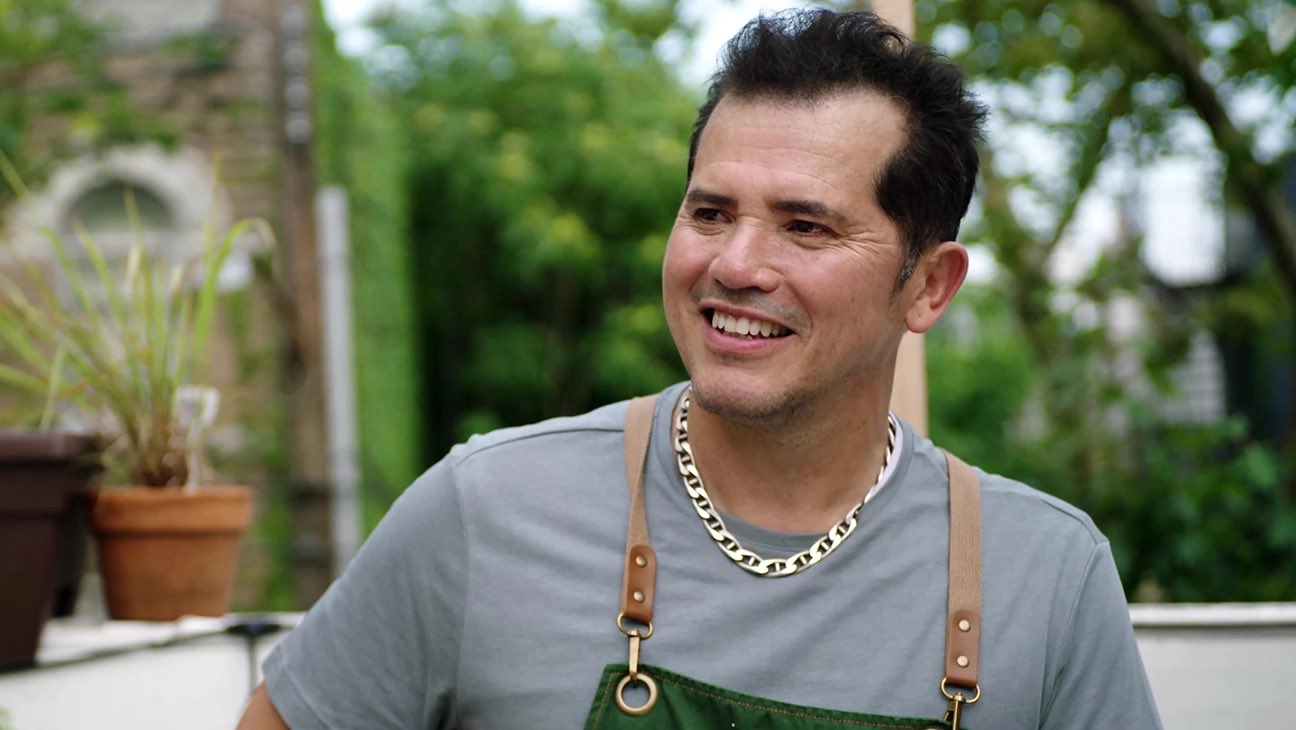
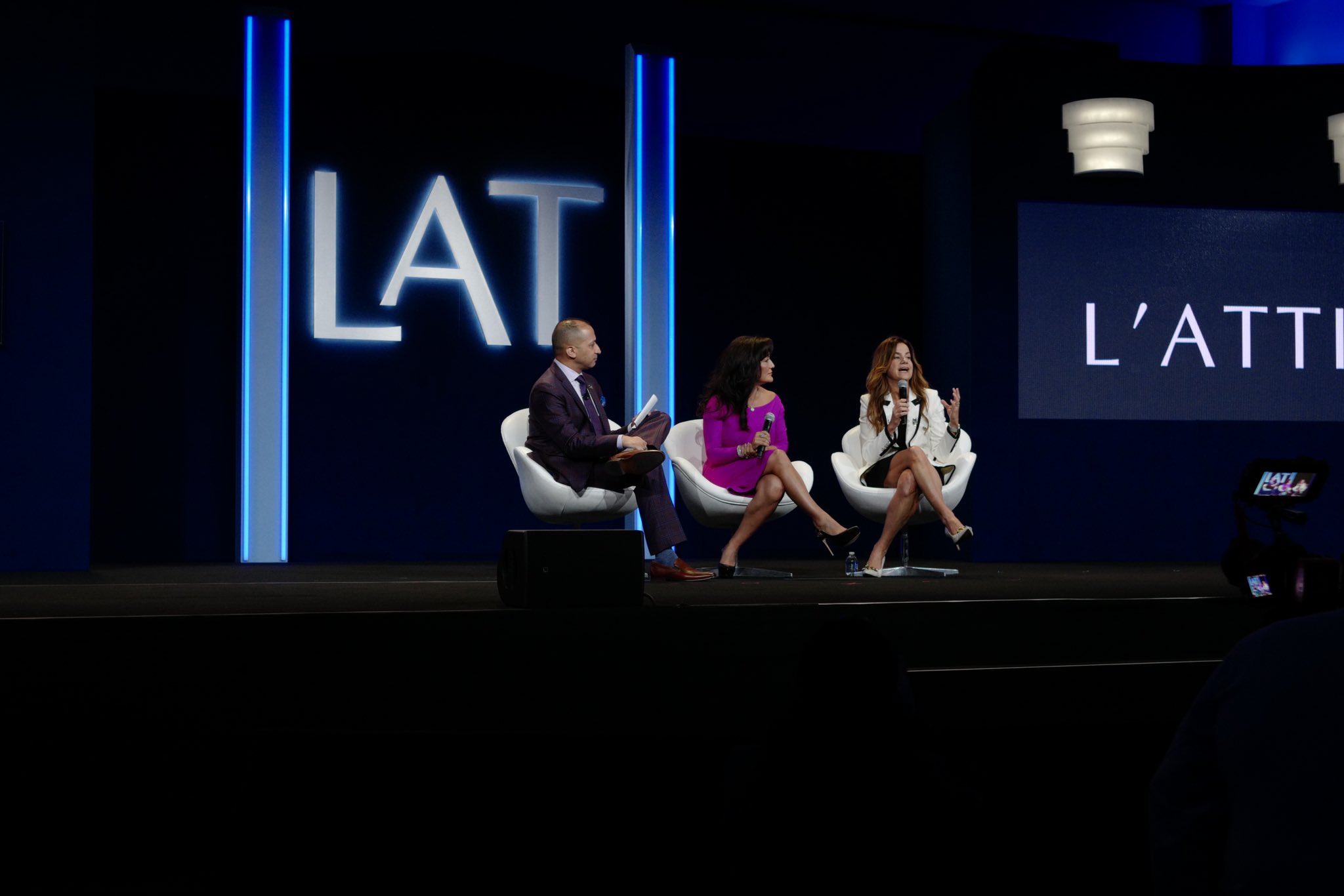
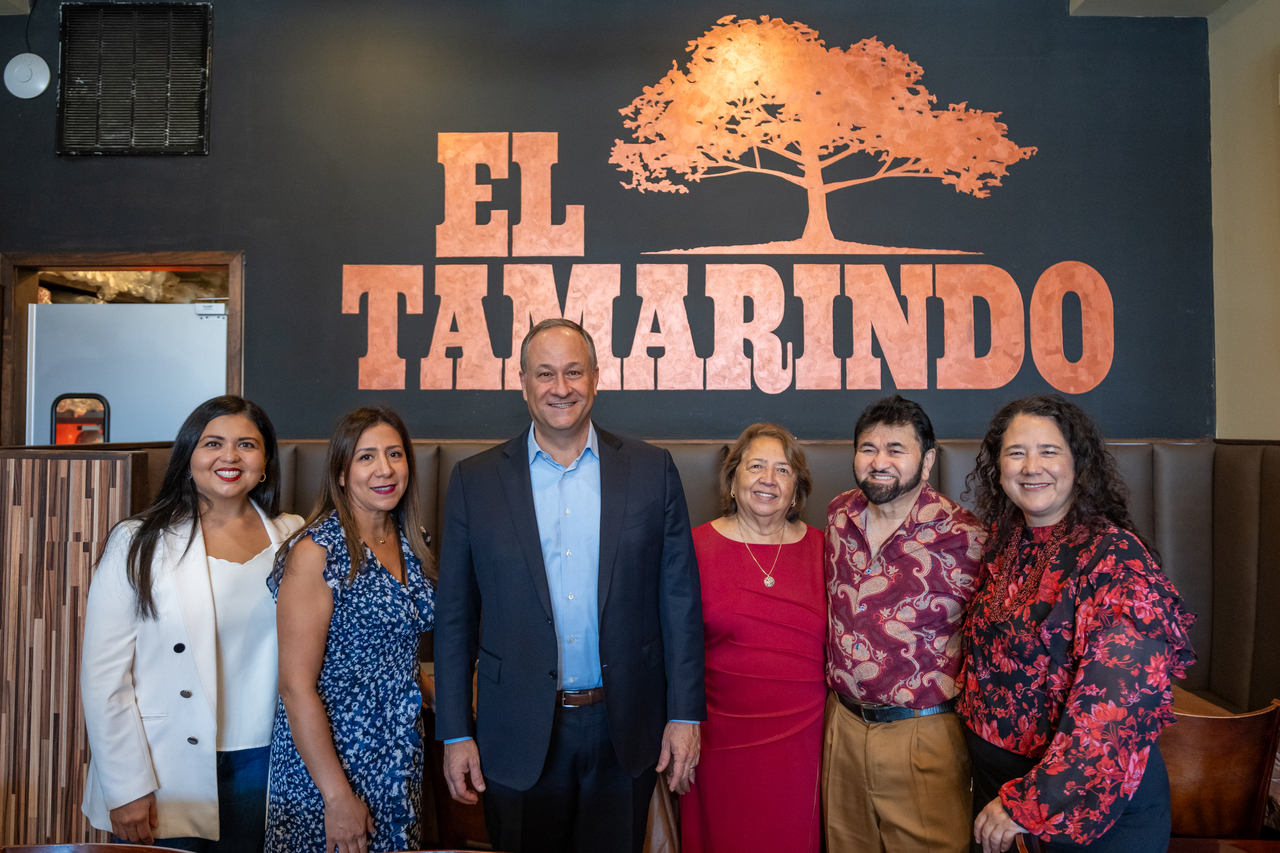
LEAVE A COMMENT:
Join the discussion! Leave a comment.